Fortinet Acquires Next DLP Strengthens its Top-Tier Unified SASE Solution
Read the release
When it comes to cyber security, it is vital that your company stays on top of the latest frameworks and guidelines to keep you, your team, and your customers safe online. This needs to be done in various ways, from regular training to help raise awareness to ensuring you have the best and most up-to-date endpoint security. But, when it comes down to it, who is in charge of cyber security compliance within a business?
In this article:
From the CEO down to the apprentice, it is everyone’s responsibility to ensure cyber security compliance is adhered to at all times. In order to stop hackers and cybercriminals from accessing your network, all employees need to stay vigilant and aware of potential signs of a breach.
While managers and admin have a larger role in cyber security compliance by monitoring user access permissions and ensuring all software is kept up to date and secure, everyone is responsible for the everyday tasks.
The key to ensuring compliance across the business is awareness. Make sure the whole of your company is trained to recognize suspicious activity, how to report, and more importantly, how they can help prevent cyberattacks from happening in the first place.
If your whole company is cyber security trained, it will be easier to recognize, identify and eliminate threats before they become a problem.
Many companies employ a data officer to keep an eye on the networks, carry out regular training with the staff, and make sure tasks are carried out correctly and in adherence to the frameworks and guidelines.
However, this is a personal choice and not an obligation. Instead, you may wish to assign one of the members of your IT team to oversee the networks and your HR to arrange and/or carry out the regular training.
The Reveal Platform by Next was designed with humans in mind. It learns from our behavior and can detect patterns that may be suspicious but otherwise not picked up on until it is too late.
Our insider risk detection and response solution will run in the background while your company continues with its day-to-day tasks.
Did you know? 90% of data breaches are caused by human error. By using Reveal we can reduce this risk. Using human-centric behavior, you will be alerted to any user or users who could be a threat to your cyber security compliance. This could be a member intending to commit a malicious act, or it could be someone who simply needs awareness training to correct their current ways of working.
Cybersecurity is everyone's responsibility, from the CEO to the marketing intern. While managers and administrators have a more significant role in monitoring user access permissions and ensuring software is up-to-date, all employees must stay vigilant and know the signs of a potential breach.
Cybersecurity compliance requires a collective effort to protect the organization's network and data effectively.
The best way to ensure compliance across a business is employee awareness. That’s often easier said than done, requiring organizations to create a culture of cybersecurity. However, organizations can improve accountability through:
Employees are rarely excited for cybersecurity training, so the key is to make training as engaging and valuable as possible. Trainers can do this through:
Yes. Cybersecurity compliance is essential to every business, regardless of its size. Small businesses need to make the most of their resources, which they can do by:
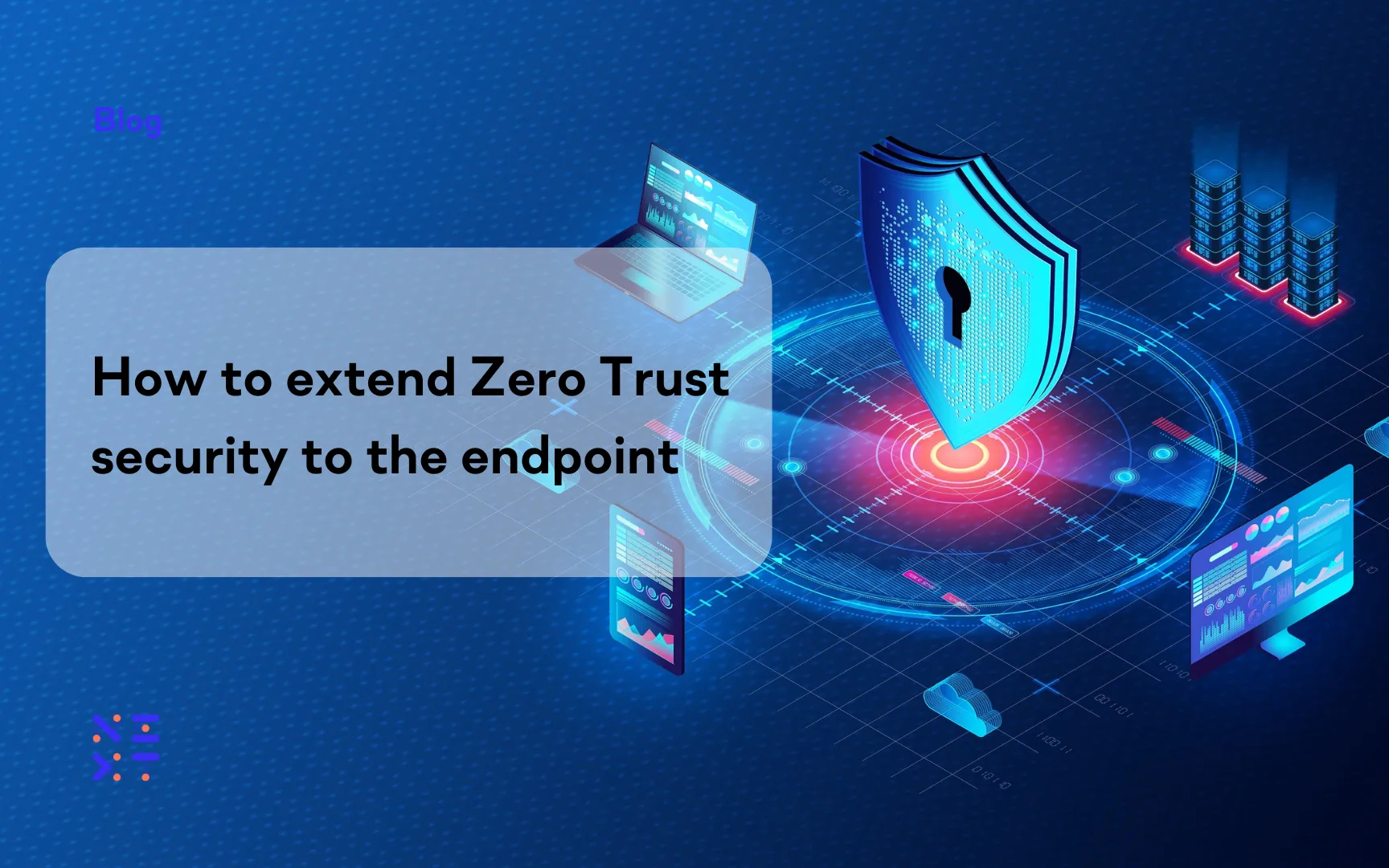
Blog
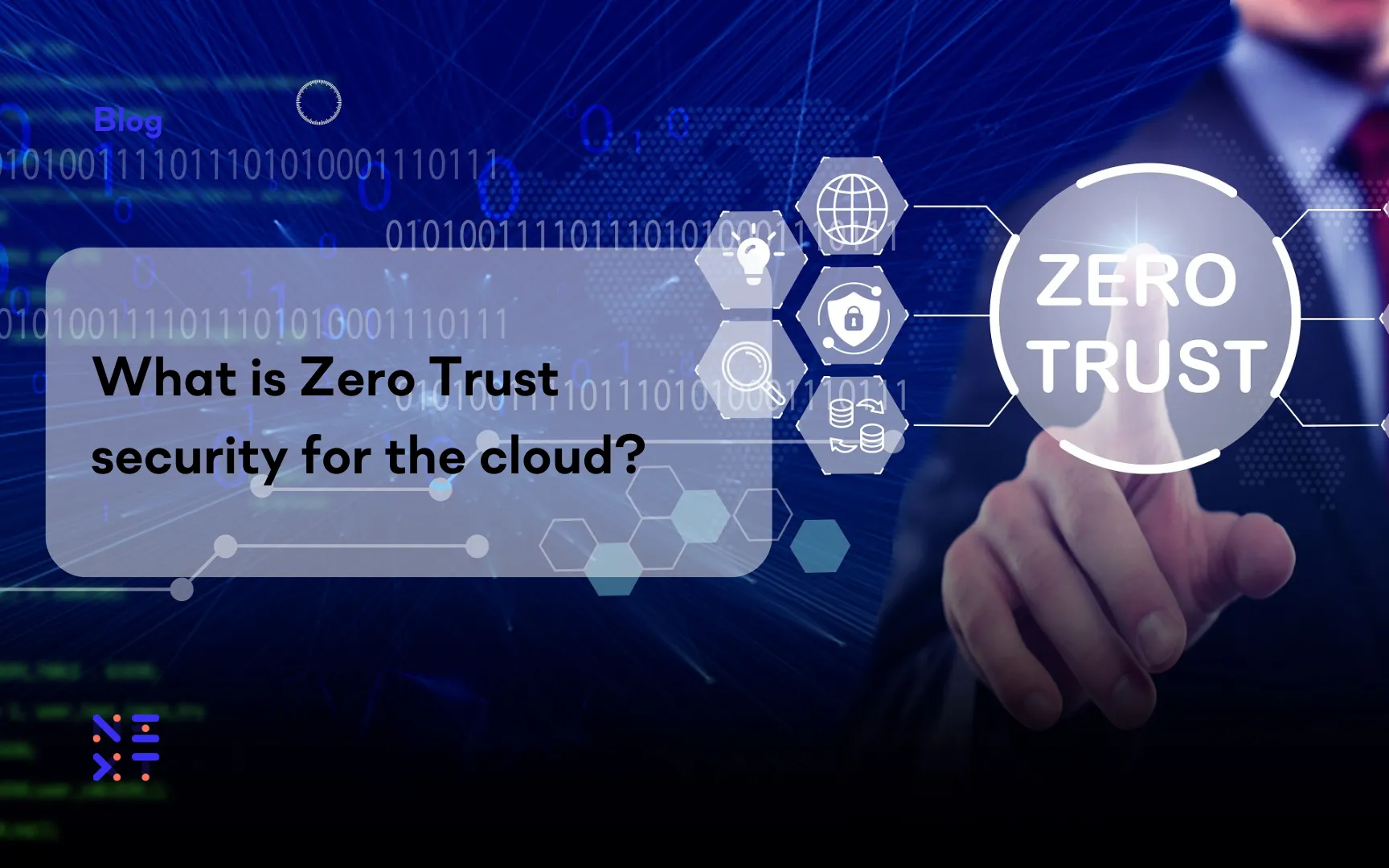
Blog
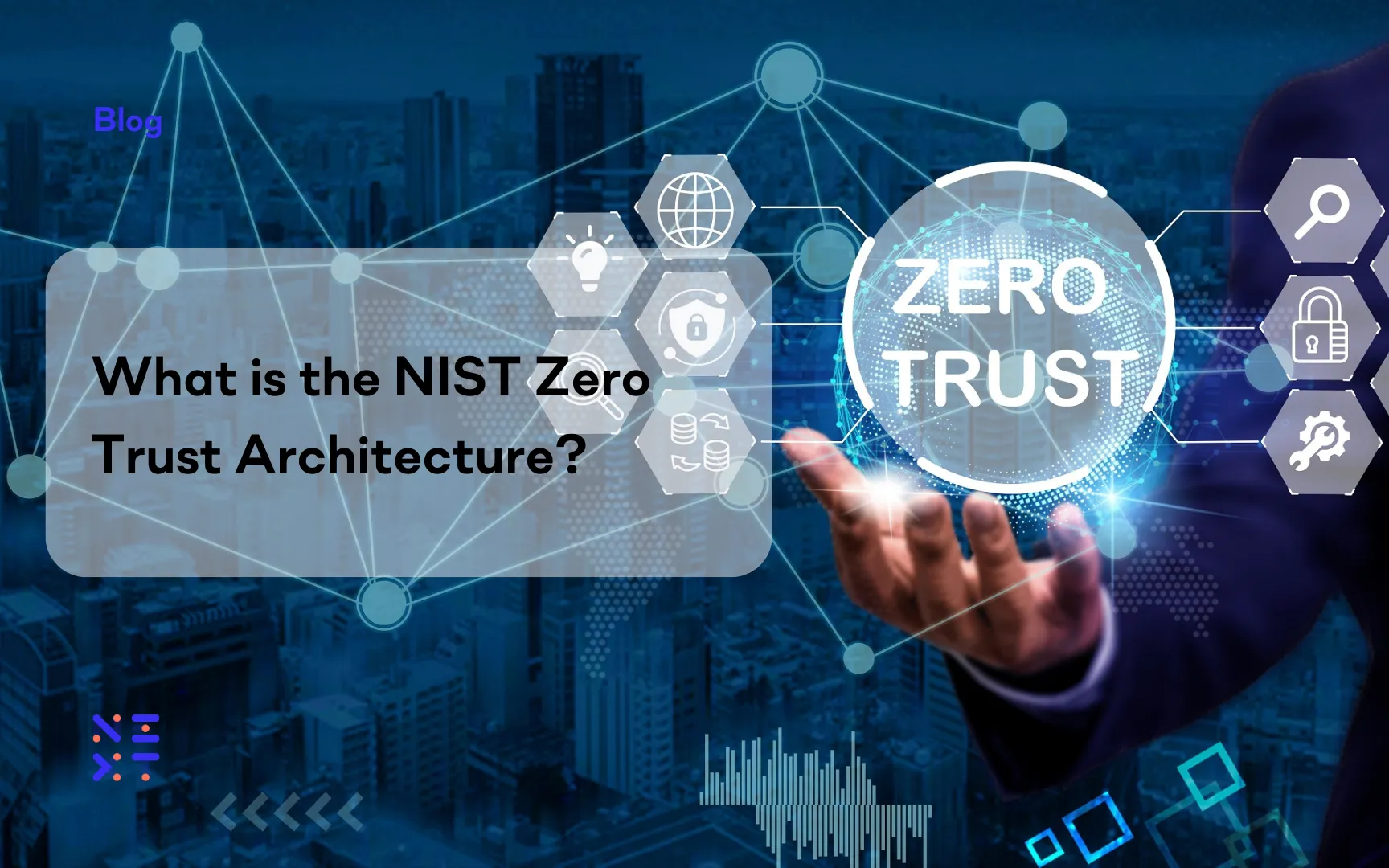
Blog
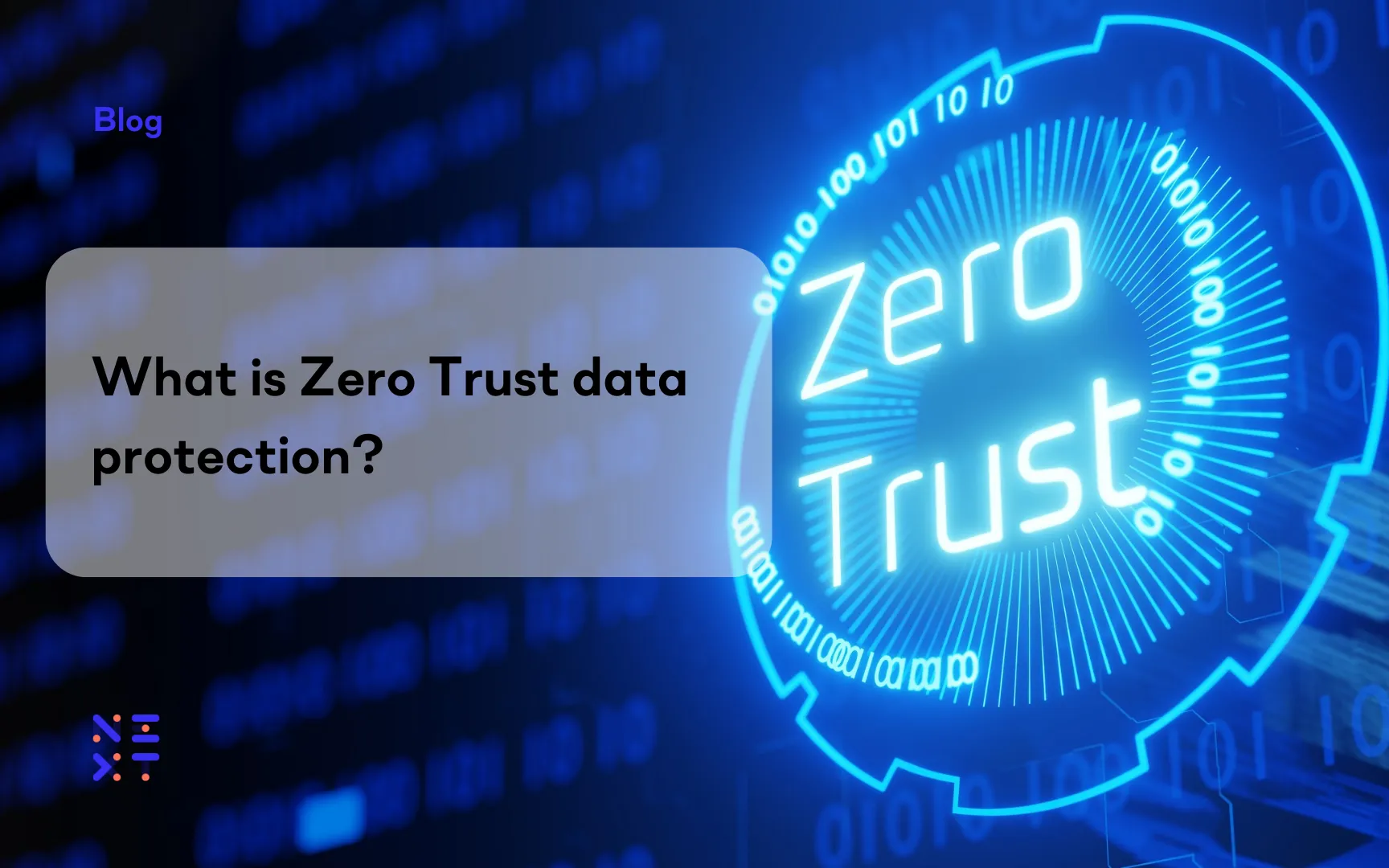
Blog

Resources

Resources
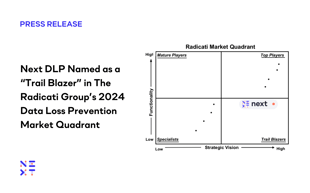
Resources

Resources

